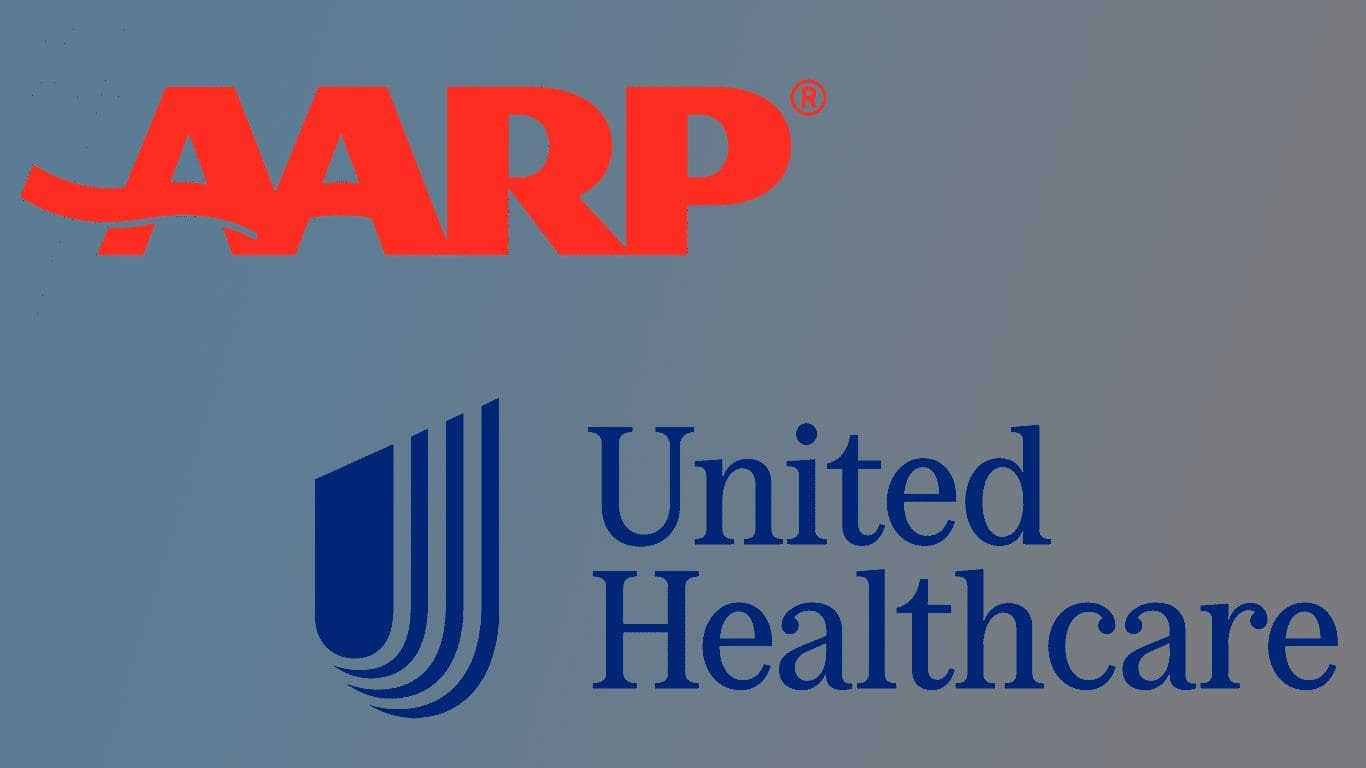AARP's Hidden Role In The (Latest) UnitedHealth Scandal
AARP's exclusive partnership with UnitedHealthcare helped it become the largest provider of Medical Advantage plans in the nation, and, allegedly, the biggest cheat.
For more than a decade, the U.S. Department of Justice (DOJ) has investigated alleged fraudulent billing practices in Medicare Advantage plans operated by UnitedHealth Group (UHG).
The AARP, meanwhile, has effectively served as the chief marketing agent for UnitedHealthcare Medicare Advantage plans, while earning billions in revenue for itself. The AARP calls its payments from UnitedHealth “royalties” for licensing its brand to the company.
Medicare Advantage is the privately run alternative to the traditional Medicare program for older Americans. Thanks to AARP’s grip on the desired demographic of older Americans, UnitedHealth has become the leading Medicare Advantage provider in the U.S., covering an estimated 13.7 million Americans.
There is an obvious tension between pitching health insurance sales to older Americans and the AARP’s promise to lead efforts to promote “affordable health care” for Americans aged 50 and over.
The DOJ alleges that the UnitedHealth has, for years, systematically bilked the government out of billions through in-home and “chart reviews” to trigger higher reimbursements on Medicare Advantage plans. This practice has generally diverted hundreds of millions of federal funds that might otherwise be available to cover older Americans’ unmet health care needs.
For example, could Medicare cover hearing aids if it weren’t being bilked by insurance executives to buy yachts and build second homes in Florida?
In May, The Wall Street Journal reported that the DOJ’s health care fraud unit was conducting a criminal fraud investigation into UnitedHealth’s Medicare billing practices. This followed a report in February that a civil fraud investigation into UnitedHealth’s Medicare practices was underway.
Not only has the AARP failed to fight for more affordable health care for older Americans, but it is profiting from the sale to its members of UnitedHealth plans that are plagued with allegations of fraud.
Upcoding
Specifically, the DOJ alleges UnitedHealth makes diagnoses during in-house visits and through “chart reviews” that trigger unwarranted payments from the Centers for Medicare & Medicaid Services. The practice is called upcoding.
Between 2007 and 2025, upcoding is said to have increased Medicare Advantage plan costs by $224 billion -Medicare Payment Advisory Commission.
The Medicare Payment Advisory Commission, an independent agency that advises Congress on Medicare, has issued a report estimating that “upcoding” will increase the cost of care for Medicare Advantage plan enrollees by $40 billion in 2025.
Multiple Lawsuits
The DOJ has intervened in multiple lawsuits over the years that charge UnitedHealth with systematically upcoding patient diagnoses to secure higher payments.
A special master ruled earlier this year that the DOJ failed to adequately support claims lodged in a 2011 lawsuit filed by a whistleblower, a former company employee, who alleged that UnitedHealth exaggerated how sick patients were to illegally pocket more than $2 billion in overpayments. This was a setback for the DOJ, but the ruling is subject to further review.
In January 2021, the DOJ intervened in two lawsuits against UnitedHealth for knowingly “mischarging the Medicare Advantage and Prescription Drug Programs.” In 2021 alone, UnitedHealth allegedly pocketed $8.7 billion in additional payments from the federal government.
‘Stood Out from Its Peers”
The Office of Inspector General for the U.S. Dept. of Health and Human Services issued a report last year stating that “UnitedHealth Group Inc., stood out from its peers” in its use of chart reviews to generate higher revenue. The report said UnitedHealth was paid $3,726,358,748 - almost $4 BILLION! - via the “chart review” practice in 2023.
U.S. Congress
Given the obvious difficulty of obtaining a timely resolution through the U.S. court system, members of the U.S. Congress are promoting an alternative to address the problem.
U.S. Senators Bill Cassidy (R-La) and Jeff Merkley (D-Ore), have proposed the “No Upcode Act” to ban upcoding. The proposed bill would create a risk-adjustment model for Medicare Advantage plans that uses two years of diagnostic data instead of one, and limits the use of unrelated medical conditions when estimating the cost of care.
In a supreme irony, AARP’s senior vice president for government affairs, Bill Sweeney, wrote a letter to Cassidy and Merkley stating: “We are ready to work with you both to strengthen the integrity of Medicare and ensure that American tax dollars are efficiently spent to deliver the highest quality care.”
The AARP has a website allowing older Americans to research “Medicare Supplement” plans that asks for a phone number so “a licensed insurance agent/producer from UnitedHealthcare” can call “and help find a plan that’s right for you.”
The AARP, which says it has 38 million members, failed to respond to an email requesting comment. If a comment is received, it will be noted here. The AARP calls itself the nation’s largest nonprofit, nonpartisan organization dedicated to empowering Americans age 50 and older to choose how they live as they age.
Nearly half of the 65 million people covered by Medicare, the U.S. program for people aged 65 and older or with disabilities, are enrolled in Medicare Advantage plans run by private insurers.
UnitedHealth is also involved in a scandal involving its alleged use of a flawed artificial intelligence algorithm to deny older Americans’ rehabilitation services to which they are entitled under Medicare. That case is proceeding in U.S. District Court of Minnesota. UnitedHealth is accused of refusing to pay because it knows fewer than one percent of policyholders will appeal denied claims.
UnitedHealth Group is headquartered in Minnetonka, Minnesota.

